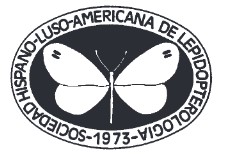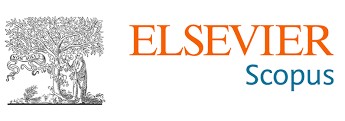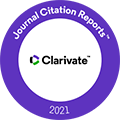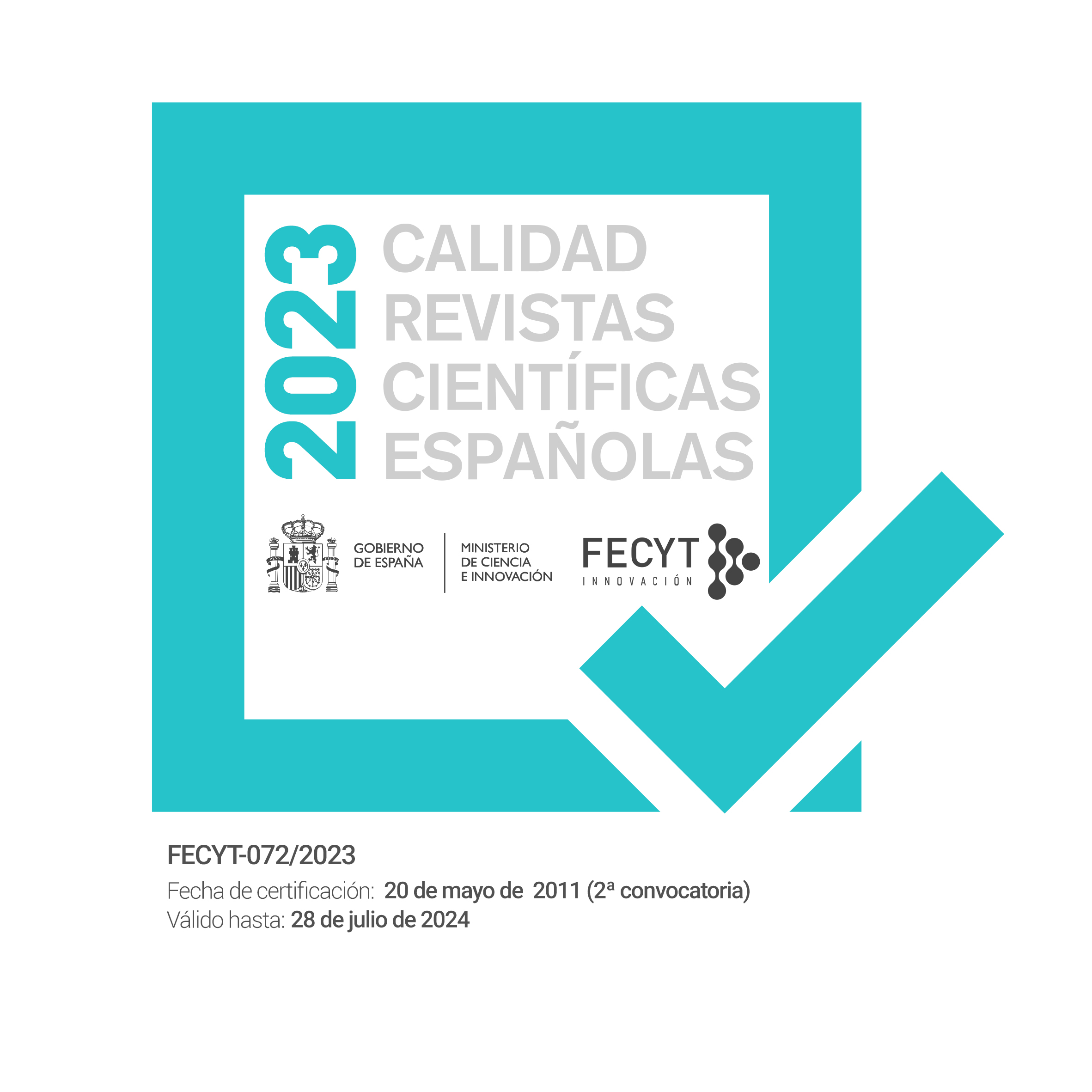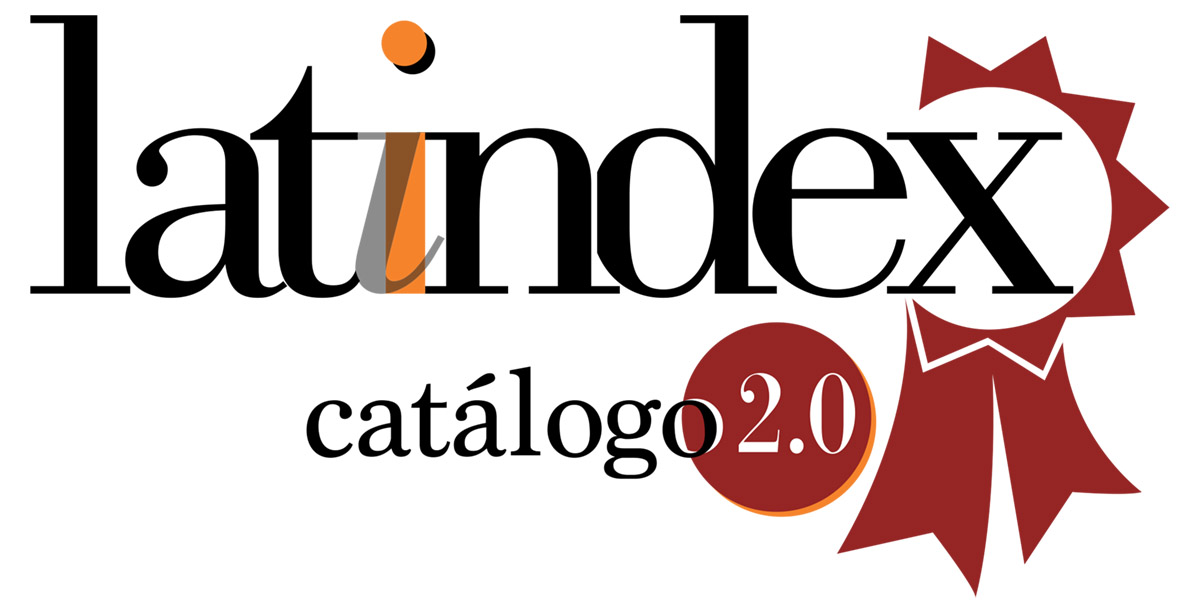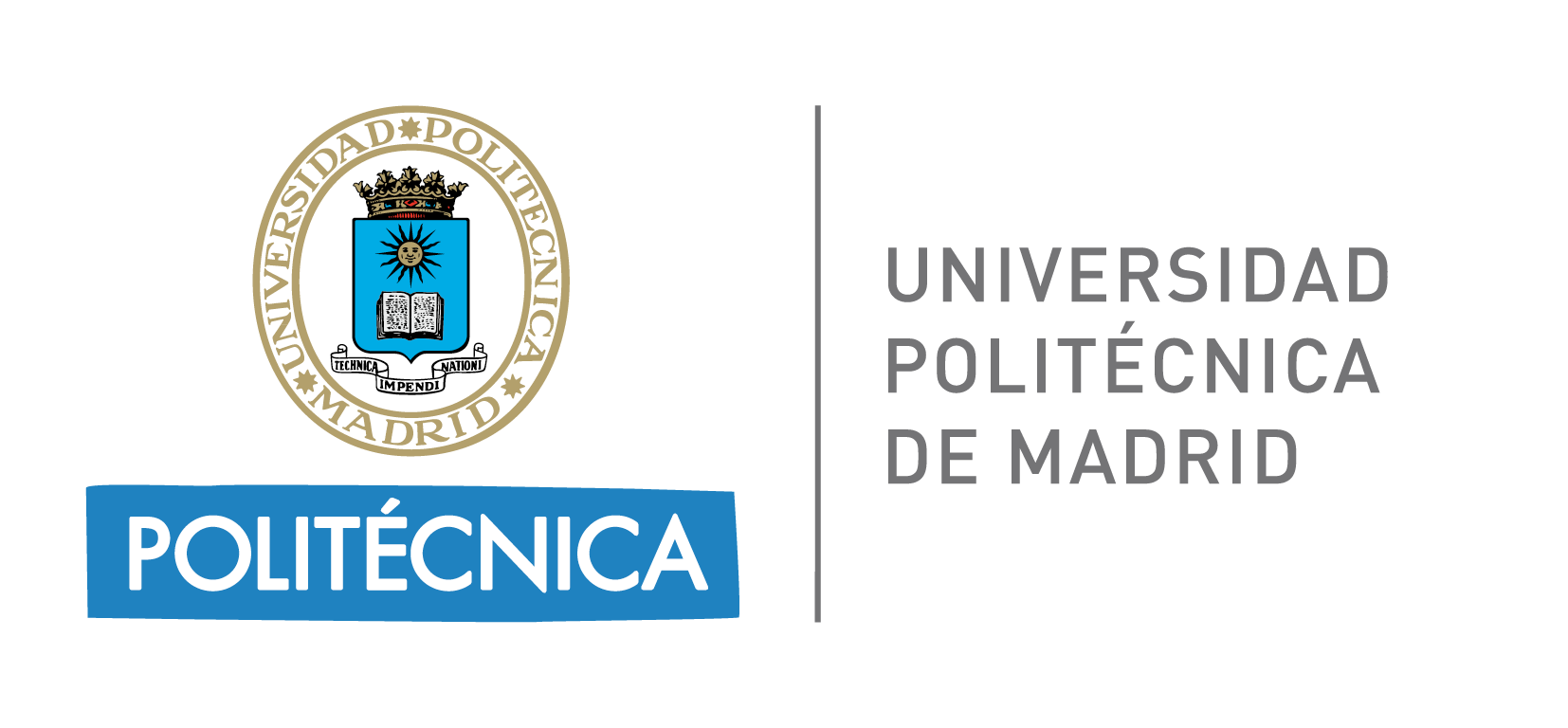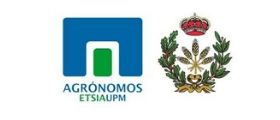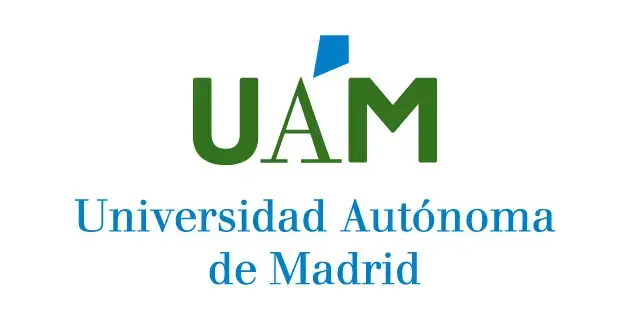Pictorial key to the species of Midilini from Venezuela (Lepidoptera: Crambidae, Midilinae)
DOI:
https://doi.org/10.57065/shilap.996Keywords:
Lepidoptera, Crambidae, Midilinae, Araceae, key, South America, VenezuelaAbstract
Pyralidae and Crambidae are the families that comprise the superfamily Pyraloidea with about 16,000 species worldwide. Within Crambidae, the Midilinae subfamily is distributed in the Neotropics, from Mexico to northern Argentina and the Caribbean (HAYDEN, 2012). The tribe Midilini is represented in Venezuela by 4 genera and 10 species: Hositea Dyar, 1910 (H. regina Munroe, 1970, H. gynaecia Dyar, 1910 and H. punctigera Munroe, 1970); Cacographis Lederer, 1863 (C. osteolalis Lederer, 1863); Eupastranaia Becker, 1973 (E. tumidifrons (Munroe, 1970)) and Midila Walker, 1858 (M. quadrifenestrata (Herrich-Schäffer, 1855), M. lamia Munroe, 1970, M. bordonorum Munroe, 1970, M. poppaea Munroe, 1970 and M. daphne (Druce, 1895)). All these species are associated with humid forests or other high humidity environments, with species of Palmae and Araceae. The specimens used in this study belong to the Museo del Instituto de Zoología Agrícola Francisco Fernández Yépez (MIZA) of Facultad de Agronomía, U.C.V-Maracay and Colección Romero, both in Maracay.
Downloads
Global Statistics ℹ️
|
1321
Views
|
167
Downloads
|
|
1488
Total
|
|
References
ALA, 2015.– The Atlas of Living Australia. Disponible en http://bie.ala.org.au/species/MIDILINAE#tab_classification (accedido el 20 de noviembre de 2015).
AMSEL, H. G., 1956.– Microlepidoptera Venezolana I.– Boletín de Entomología Venezolana, 10: 1-336.
BECKER, V., 1973.– A new generic name in Midilinae (Pyralidae).– Journal of the Lepidopterists’ Society, 27(2): 160.
CLAVIJO, J. & ARIAS, Q., 2004.– Insectos asociados a Ocumo (Xanthosoma sagittifolium), pp. 107-109.– In A. MONTALDO, J. MANTILLA, C. ZAMBRANO & P. ZÁRRAGA compiladores. Las Aráceas comestibles: Ocumo y Taro: 250 pp. Ediciones OPSU, Caracas.
COMMON, I. F. B., 1990.– Moths of Australia: 535 pp. CSIRO Publishing, Canberra. DOI: https://doi.org/10.1071/9780643101227
DYAR, H. G., 1910.– New species of Lepidoptera from British Guiana.– Zoologica, 1(4): 125-138, figs. 41-42. DOI: https://doi.org/10.5962/p.206592
HAYDEN, J., 2012.– Revision of Odilla noralis Schaus and transfer of Euripini to Midilinae (Lepidoptera: Crambidae).– Annals of Carnegie Museum, 80(4): 309-322. DOI: https://doi.org/10.2992/007.080.0402
LEDERER, J., 1863.– Beitrag zur Kenntniss der Pyralidinen.– Wiener Entomologische Monatschrift, 7-8: 24-280, 10-12: 331-504, pls. 2-18.
MUNROE, E., 1970.– Revision of the subfamily Midilinae (Lepidoptera: Pyralidae).– Memoirs of the Entomological Society of Canada, 74: 94. DOI: https://doi.org/10.4039/entm10274fv
MUNROE, E. & SOLIS, D. A., 1990.– Pyraloidea, pp. 233-256.– In N. KRISTENSEN (ed). Lepidoptera, Moths and Butterflies, Vol. 1, Arthropoda, Insect, Vol. 4, Part 35.– Handbook of Zoology: 419 pp. Walter de Gruyter & Co., Berlin. DOI: https://doi.org/10.1515/9783110804744.233
MUNROE, E. G., 1995.– Crambidae (Crambinae, Schoenobiinae, Cybalomiinae, Linostinae, Glaphyriinae, Dichogaminae, Scopariinae, Musotiminae, Midilinae, Nymphulinae, Odontiinae, Evergestinae, Pyraustinae). Pp. 34-79.– In J. B. HEPPNER. Atlas of Neotropical Lepidoptera. Checklist: Part 2. Hyblaeoidea - Pyraloidea - Tortricoidea, 3: LIV + 243 pp. Association for Tropical Lepidoptera & Scientific Publishers, Gainesville.
MUÑOZ, E., HERNÁNDEZ, J. C. & COLÍN, J., 2004.– Georreferenciación de localidades de colectas biológicas de la Conabio.– Biodiversitas, 54: 8-15.
REGIER, J. C., MITTER, C., SOLIS, M. A., HAYDEN, J. E., LANDRY, B., NUSS, M., SIMONSEN, T. J., YEN, S.-H., ZWICK, A. & CUMMINGS, M. P., 2012.– A molecular phylogeny for the pyraloid moths (Lepidoptera: Pyraloidea) and its implications for higher-level classification.– Systematic Entomology, 37: 635-656. DOI: https://doi.org/10.1111/j.1365-3113.2012.00641.x
SHAFFER, M., NIELSEN, E. S. & HORAK, M., 1996.– Pyraloidea: 164-199.– In E. S. NIELSEN, E. D. EDWARDS & T. V. RANGSI, ed. Checklist of the Lepidoptera of Australia: 529 pp. CSIRO Division of Entomology, Canberra.
SOLIS, A., 2007.– Phylogenetic studies and modern classification of the Pyraloidea (Lepidoptera).– Revista Colombiana de Entomología, 33(1): 1-9. DOI: https://doi.org/10.25100/socolen.v33i1.9306
WALKER, F., 1859.– Deltoides.– List of the Specimens of Lepidopterous Insects in the Collection of the British Museum, London, 16: 1-253.
Downloads
Published
How to Cite
Issue
Section
License

This work is licensed under a Creative Commons Attribution 4.0 International License.
The author SS retains his trademark and patent rights to any process or procedure within the article.
The author retains the right to share, distribute, perform and publicly communicate the article published in SHILAP Revista de lepidopterología, with initial acknowledgement of its publication in SHILAP Revista de lepidopterología.
The author retains the right to make a subsequent publication of his work, from using the article to publishing it in a book, provided that he indicates its initial publication in SHILAP Revista de lepidopterología.
Each submission to SHILAP Revista de lepidopterología must be accompanied by an acceptance of copyright and acknowledgement of authorship. By accepting them, authors retain copyright of their work and agree that the article, if accepted for publication by SHILAP Revista de lepidopterología, will be licensed for use and distribution under a "Creative Commons Attribution 4.0 International" (CC BY 4.0) licence that allows third parties to share and adapt the content for any purpose giving appropriate credit to the original work.
You may read here the basic information and the legal text of the license. The indication of the CC BY 4.0 License must be expressly stated in this way when necessary.
As of 2022, the content of the print and digital version is licensed under a "Creative Commons Attribution 4.0 International License" (CC BY 4.0), licence that allows third parties to share and adapt the content for any purpose giving appropriate credit to the original work.
Previous content in the journal was published under a traditional copyright licence; however, the archive is available for free access.
When using the contents of SHILAP Revista de lepidopterología published before 2022, including figures, tables or any other material in printed or electronic format belong to the authors of the articles, the authors must obtain the permission of the copyright holder. Legal, financial and criminal liabilities in this respect belong to the author(s).
In application of the Principle of Priority of the International Code of Zoological Nomenclature, no other version than the one published by the publisher may be deposited in repositories, personal websites or similar.





